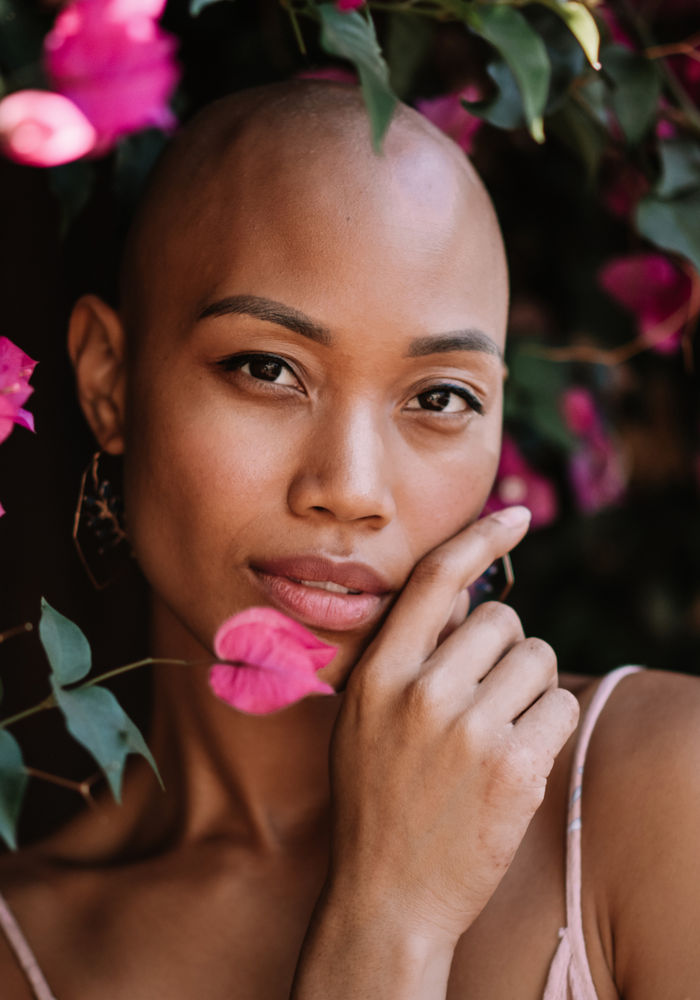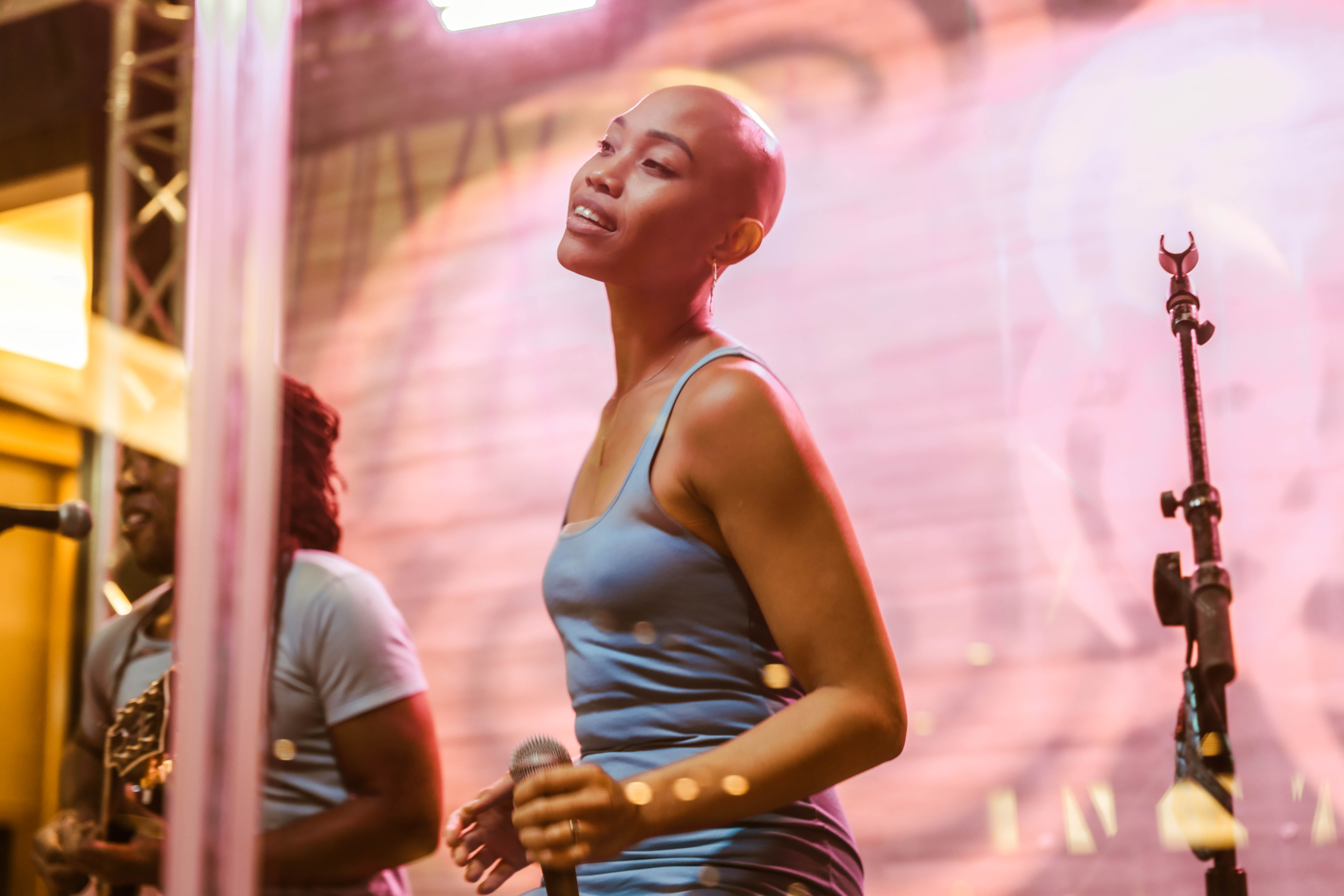After a lifelong identity struggle, Cedrice reveals how music helped her find the voice within.
Even when Cedrice talks, she sounds like a singer – which is somewhat ironic given that she didn’t even consider herself a “proper” singer when she was overheard humming to herself one fateful day at university.
A student that was sitting next to Cedrice asked if she was a singer. Cedrice knew she could sing all right, but did she consider herself to be a singer? She didn’t read music well, and didn’t have much experience performing, so no, she didn’t think she would count herself as a singer. Undeterred, the student (and her close friend to this day) asked her to sing an Alicia Keys song. Shortly after, she joined his band, and her life hasn’t been the same since.
“That was the catalyst of this next chapter of my life,” Cedrice recalls. “There were no expectations. I just walked in and we started vibing. There was so much chemistry, and I haven't stopped gigging since the day I met them.”
Now living in San Diego, Cedrice was born and raised in West Los Angeles in a mostly African-American neighborhood. Of African-American, Irish, German and Filipino descent, Cedrice is very open about developing an identity crisis: “It got to the point where everyone just started to ask me, ‘What are you? What are you?’”
She didn’t speak Tagalog, so she wasn’t Filipino enough. She wasn’t dark enough to be considered black, and she certainly didn’t look white.
“If I didn’t speak the native languages of my people, then what was my voice?” she asks.
While Cedrice’s multi-ethnic ambiguity prompted her identity struggle, it also led her to find her voice within music – later finding comfort in the fact that her bandmates would also tick ‘other’ in a generic survey question if asked to pick what best describes them.
“Music has definitely given me something to focus on,” she admits, adding that she is aware of the privilege that her lighter skin affords her.
“Yeah, just knowing what your privilege looks like being a light skinned, ethnically ambiguous, exotic looking woman, you know? If I didn't have music, I'd be focusing on my image so much. I'm focusing on my expression, celebrating life and evaluating my past so that I can write my future.”
After conceding that she might be a bit of a singer, Cedrice continued to step out of her comfort zone and could be found at many an open mic night, or even performing at various farmers markets for the next few years.
“I was trying to get in where I fit in, and I wasn't sure where that was. You kind of throw yourself out there, put yourself on stage, make a fool of yourself and then figure out what works and what doesn't. I started performing at farmer's markets for six to eight hours a day with no pay – I would just get tips – and that's where I really developed my crowd interaction skills, my performing skills and my vocal techniques. It's the real hustle. A lot of people can turn into wallpaper music, where you're just there to serve everybody, and no one's really paying attention.”




